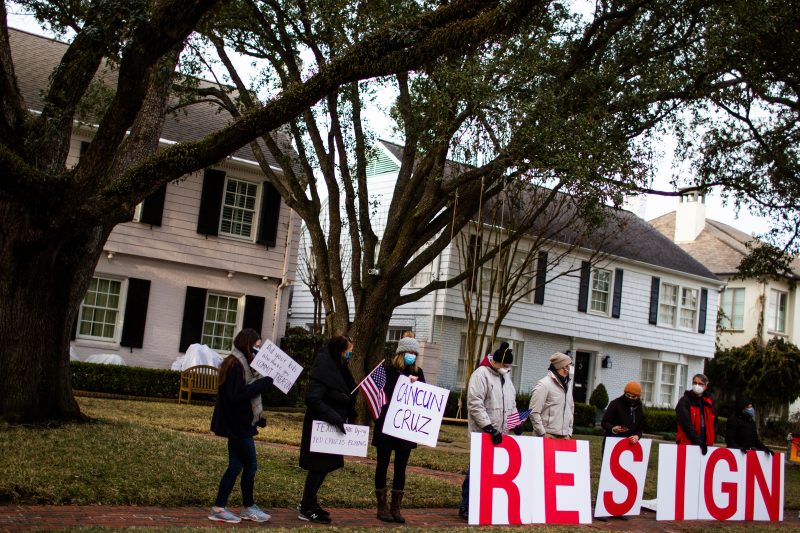
Pushing Politicians Who ‘Jawbone’ Social Media Deletions Under the Spotlight
In a modern era dominated by social media, the power and influence of platforms like Facebook, Twitter, and Instagram cannot be questioned. These platforms serve as powerful tools for communication, social interaction, and information sharing. However, recent debates surrounding the regulation of social media content have sparked intense scrutiny of politicians who advocate for the deletion of specific posts.
At the center of this controversy is the concept of jawboning, wherein politicians use their influence and authority to persuade or pressure social media companies to remove certain content deemed undesirable or offensive. While the intention behind such actions may be to uphold standards of decency and prevent the spread of misinformation, the implications of politicians wielding their power in this manner raise significant concerns about censorship, freedom of speech, and the potential abuse of authority.
Critics argue that politicians who champion the deletion of social media posts are treading a dangerous path that could ultimately lead to the erosion of individual liberties and the stifling of public discourse. By exerting pressure on social media companies to regulate content based on subjective judgments of appropriateness, politicians risk setting a precedent for censorship that goes against the principles of a free and open society.
Moreover, the targeted removal of certain posts at the behest of politicians threatens to undermine the credibility and transparency of social media platforms. By allowing external actors to dictate what can and cannot be shared online, these companies run the risk of being perceived as complicit in promoting a particular agenda or suppressing dissenting voices.
While it is important to address legitimate concerns about the spread of harmful or misleading content on social media, the solution does not lie in giving politicians the authority to arbitrarily decide what should be deleted. Instead, a more nuanced approach that involves collaboration between government, technology companies, and civil society is needed to develop effective strategies for tackling online misinformation and promoting digital literacy.
In conclusion, the debate over jawboning by politicians who advocate for the deletion of social media posts raises crucial questions about the balance between freedom of expression and the responsibility to safeguard the public interest. As we navigate this complex terrain, it is imperative that we uphold the values of open dialogue, diverse perspectives, and democratic principles in our efforts to shape a more informed and inclusive online environment.
